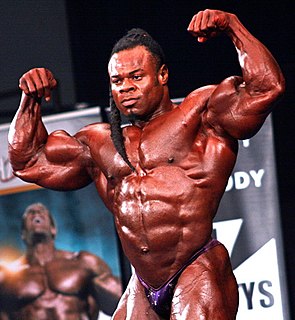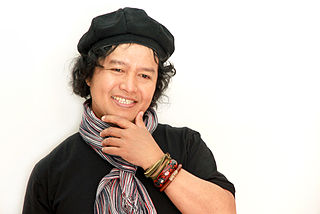A Quote by Steven Adams
I was upset about getting $40 haircuts, like, every month. That's a lot of money, and so, man, that's a lot of food. That's a waste. No more. So I'm, like, letting it go so I have more food. My budget's good for food now.
Related Quotes
Every peasant cuisine has incredible ingenious tricks for getting a lot of nutrition out of a small amount of ingredients. There are people who don't have the money to invest in better food, but perhaps they have the time. There's a trade-off: The more time you're willing to put into food preparation, the less money you have to spend.
I spend so much money on food, just getting the food for me is a tremendous expense, so there's no way I could even think about paying for supplements. I think of all supplements as food derivative anyway, so If I can only choose between getting the food or the supplements I'd rather opt for the food.
Somewhere between 50 to 60 percent of the food you eat has been touched by immigrant hands, and it is fair to say some of them are not here as they should be here. But if you didn't have these folks, you would be spending a lot more - three, four or five times more - for food, or we would have to import food and have all the food security risks.
Those of us who think about what we eat, how it's grown, those of us who care about the environmental impact of food - we've been educated by fabulous books, like Fast Food Nation and documentaries like Food Inc. But despite these and other great projects that shine a critical light on the topic, every year the food industry spends literally tens of millions of dollars to shape the public conversation about our food system.




































